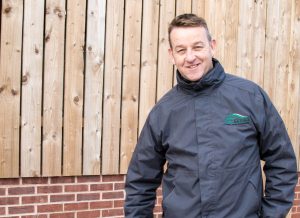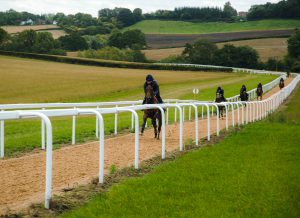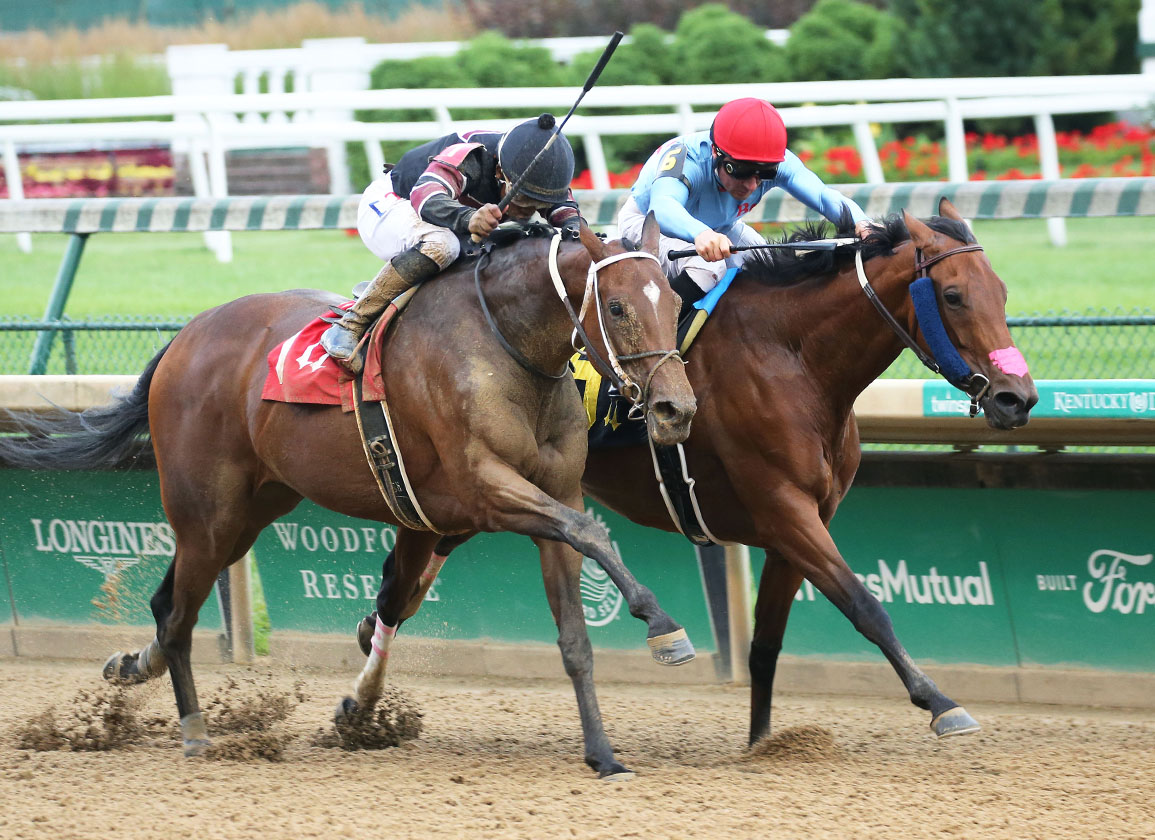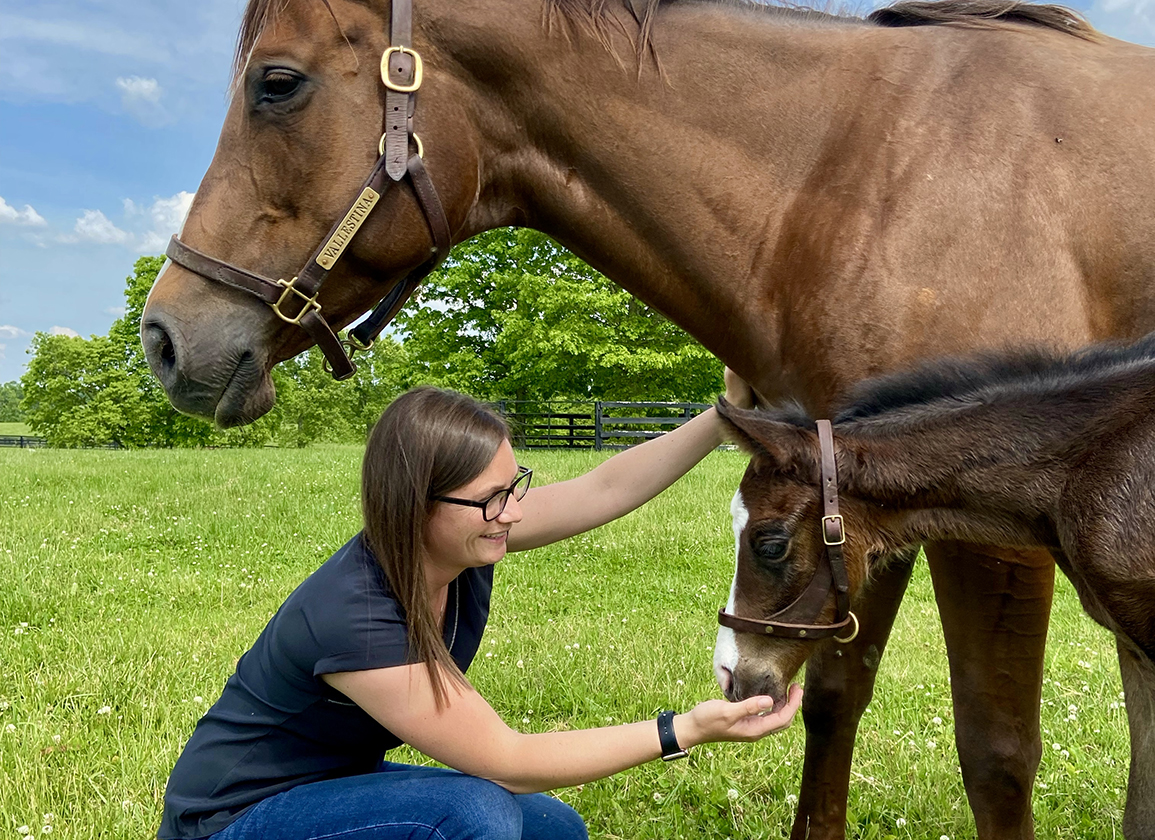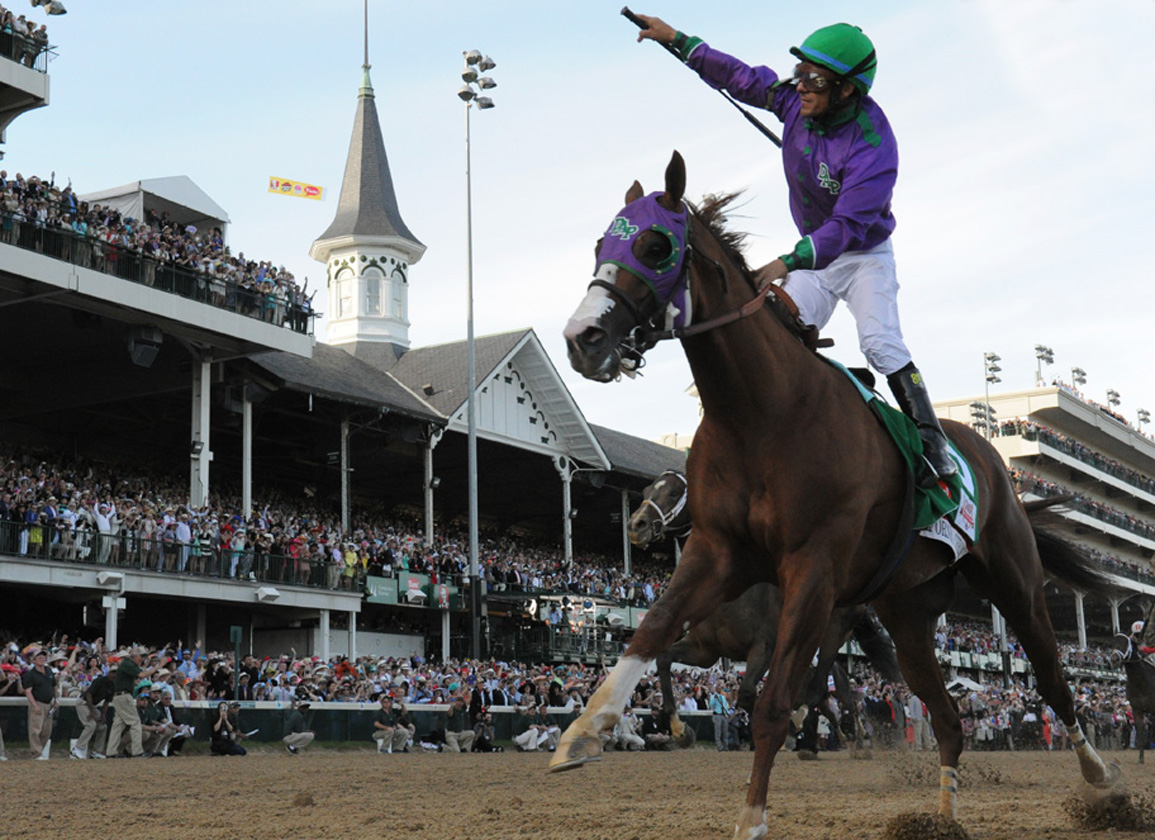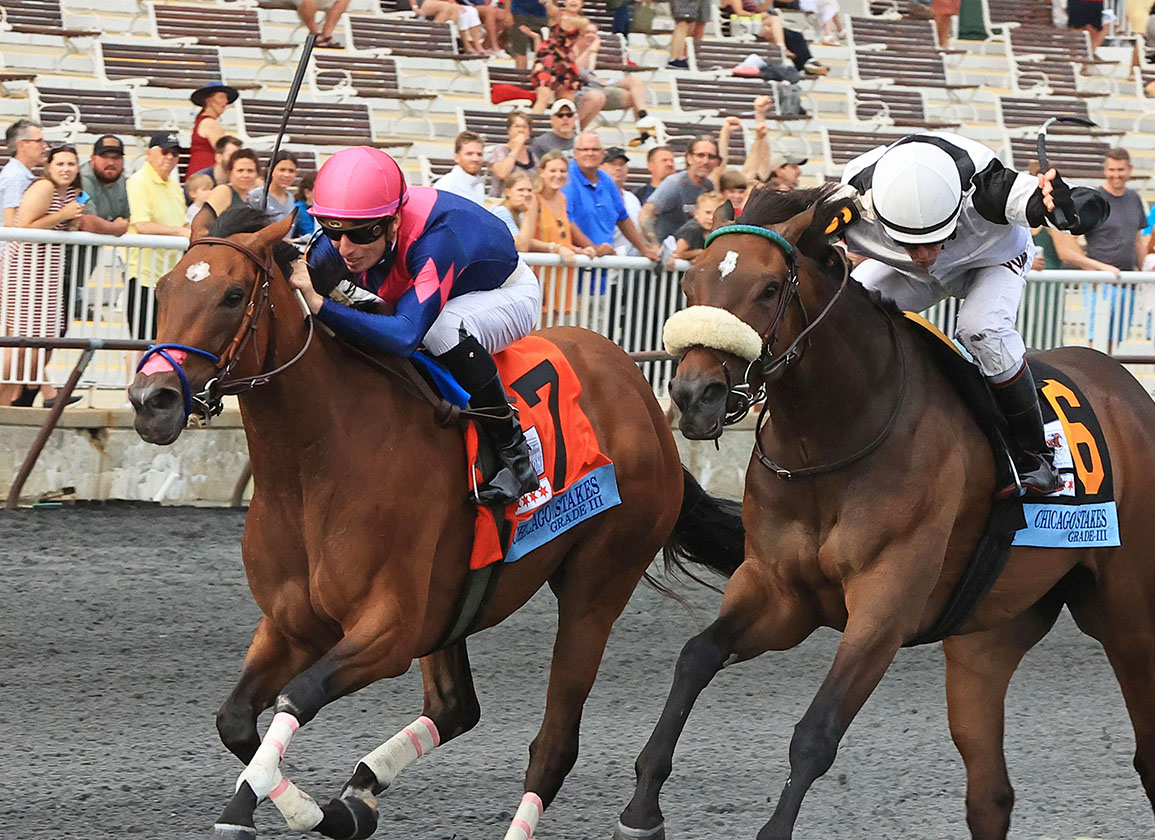They're calling him Billy The Kid. He only got his licence in October but when he left the all-weather circuit last month, for a three-week stint in Florida, he was Britain's leading jockey with 23 wins from 98 mounts in January. And, for another week anyway, he's just 16 years old.
It's so extraordinary that Billy Loughnane has even been featured on the evening news by the BBC, a gratifying departure from the indifference of mainstream media to all but the least flattering tales of the Turf.
On the face of it, he has risen without trace. But actually this implausibly compressed breakout has been a long time in the making–and not merely in terms of the proportion of Billy's young life fanatically dedicated to a precocious sense of vocation. Because before Mark Loughnane suddenly found himself being described as Billy's father, Billy was Mark Loughnane's son. And you can be certain of one thing: whatever Billy's future may hold, his prospects are immeasurably enhanced by the decades of unsung daily endeavour that have taken a whole family to this point.
Naturally Mark is proud to see the blossoming of a talent he has long known to be out of the ordinary. But it has not just been Billy's apprentice claim that has driven the stable's prolific start to 2023, with 17 winners already from only 76 runners. (Other jockeys have ridden seven of those, from 41 starters.) To put that in context, Mark's best campaign to date comprised 41 wins in 2021.
And if you come and visit Rock Farm Stables, in a glorious bowl of undulating Worcestershire countryside, it all stands to reason. After a long education in old-school jumping yards, both sides of the Irish Sea, Mark has had to make several fresh starts since going solo in 2002. And it is only in coming to this sumptuous, purpose-built facility, five years ago, that he has finally been able to give full rein to the talent and passion so immediately apparent in his adolescent son.
“It's taken me 30, 40 years in the industry to get to where I am today,” Mark acknowledges. “This place is a five-star hotel for these horses and we're very, very lucky. We've got everything here and in the last couple of years we're just starting to build to a better grade of a horse.
“It's a slow burn. I wish I had all this 20 years ago. But when you start with zero, and have to make your own way, you can only build gradually. When the recession hit, I was coming over from Ireland to Wolverhampton with a 50% strike-rate, win and place. And Clare said, 'Why don't we come over?' So we started again. That was just 10 years ago. We got in the truck, there were 10 horses, an Alsatian and our two boys.”
Mark had five years in Staffordshire but the game-changer was the chance to move into a yard established by Steve and Anita Mares. Every facility was tailormade in consultation with Mark–including uphill and round gallops, and copious turnout paddocks–and now 60 heads peer from stalls in the American barn. Mark has been in the game too long to think that he will have the Guineas favourite this time next year, but nor should his climbing graph-lines be neglected as incidental to the explosive start made by Billy to his own career.
“People kind of put me down as an all-weather trainer,” Mark says with a shrug. “That doesn't annoy me or anything. But you have to cut your cloth according to the horses you get. It's very hard to get to the next level, but hopefully we'll have a few more grass horses this year. We've a very loyal bunch of owners, I have a lot of good people around me, and I'm sure a good one will come in the door. You just have to say to yourself that every horse that comes into this yard could be the one.”
Father and son could not have taken more contrasting routes into the racing game. Billy is the ultimate example of nature and nurture combining to make his career feel inevitable from boyhood. Mark, however, had no background whatsoever in the sport, beyond his father replacing flattened hurdles and treading down turf at their local track, Thurles.
“And we'd go up the next day and muck out all the boxes and put back all the divots,” Mark recalls. “Then I went into a stable one day and rubbed one on the head, and that was it. I never went back to school. I had my first job with Tommy Stack when I was 15 and have never been away from them since.”
For Billy to prove such a natural, presumably there was always something latent in Mark too. After all, his wife Clare knew nothing at all about horses albeit they happened to meet at Cheltenham races (and he now credits her with a huge role in the operation of the yard). But it's hard to identify the nature or source of that flair for the horse, somehow discovered by Mark and so obviously inherited by Billy.
“Since Billy was born he was on my heels and, for him, there was no way out,” Mark reflects. “He always wanted it. For me, when I was young, I suppose it was that no matter what sport I tried, I'd try to be the best. If I was no good, I'd try something else. I was lucky enough to ride a few winners, not many, but also to work for a lot of good men. And back in the day, if you were interested, you'd learn. Every yard I went into, I went in as an ordinary lad and most of the time ended up probably running it, or assistant.”
He had a key role, for instance, in Terry Casey's preparation of 1996 Grand National winner Rough Quest. Casey had his troubles in too short a life, but Mark learned a lot from him, as from other mentors Edward O'Grady, Enda Bolger and, above all, Pat Doyle.
“Pat's attention to detail was unreal,” he says. “I did three and a half years with him. If you got something wrong, he let you know! Those days are gone now. The kids coming into it now, I don't think it's the same. So I feel I've very lucky in that sphere, and I'm still very friendly with a lot of the trainers I worked for.”
When setting up on his own, Mark had two winners at the Galway Festival in his first week. If that instant success proved rather a mirage, nor was it an obvious turning point when, sitting in Ron Harris's kitchen 19 years ago, one of his fellow trainer's owners drove up. When Mark moved over the water, Steve Mares supported him with a couple of horses before one day approaching him, out of the blue, about running a new stable.
After rejecting another site, they drove into a farm in the hamlet of Rock and Mark was immediately excited by its potential.
“I was able to come in and design the whole place,” Mark says gratefully. “Steve took a year out of work and oversaw the whole thing. When you've been in different yards all your life, you see good things and bad things everywhere. And I've tried to take the best points and this is the result.”
Now Billy is helping to put the place on the map, too. But all his father's experience certainly told in the seasoned decision to put the brakes on a runaway train: his claim is already down to 5lbs, and needed conserving for the turf season. Already, after all, their careful strategy has required constant revision.
“We just planned that he'd get his license in October and move him into the all-weather season with me, because that's when my horses have tended to thrive,” Mark explains. “We thought he could ride eight or 10 winners through the winter and tip away, nice and steady, and then we'd get him onto the grass.
“But then it just took off. We were going to stop him after 15 but then two days later he was at 20. So we said, okay, 25. But then in that week he rode nine winners. So I rang Rodi and his agent [Sashi Righton] and said, 'Lads, that's it, we have to stop.' I'm glad we did keep him going, because that meant he could ride a winner for Mr. Appleby in the Godolphin colours.
“But [otherwise] it has all happened very quickly, too quickly. And that's why we decided to stop. And instead of Billy being here, grafting and being driven mad watching horses he could be winning on, to send him over to America.”
Though Billy always stood out on the pony circuit, crucially he was first obliged to master principles of equitation in the show ring. He was always eager for the next step; Mark was always making him wait. Naturally there are benefits and burdens for both, when your principal counsellor and critic is also your father. Mark does remember shouting at Billy after he let one up the inside in a pony race at Nottingham, but Clare and Billy's brother Jack (himself a gifted footballer) ensure they all remain family first. And if Billy were to win the Derby itself, that won't beat the feeling they shared when he won his first pony race at Cocklebarrow point-to-point, in the mud, the little pony led in proudly by Mark's long-serving assistant Steve Davies.
“You couldn't buy that feeling for millions,” Mark says. “All along, I knew his talent. And I kept saying to Clare, 'I'm not letting him do it until he's ready.' But when we did start, we hit the ground running: he stood out from the first day.”
Now Billy has completed another valuable module in his education with this stint in Florida, riding trackwork at Palm Meadows for Anna Meah–whose husband David, the bloodstock agent, is an old collaborator of Mark's.
“A massive learning experience,” Billy confirms. “The way they do everything out there is completely different. So it was an amazing opportunity and I feel like I've learned loads. Obviously dirt's completely different to work on, and they probably don't do as much as we would, here, because it's a much more tiring surface.”
He admits that riding against the clock was a challenge. “For the first couple of days anyway!” he says. “The first day I was able to watch their riders doing it for an hour but then David [Meah] just fired me straight on a horse. But I think I got the hang of it in the end…”
Mark doesn't allow that modesty to pass, revealing that Billy's services were soon being requested by several other barns. On the day of our visit, the family had only just got back from their trip to Miami to collect Billy. Despite the long flight, Billy had leaped from the car to work five horses and now, following a gym session, here he was on the equicizer, taking remote tuition from instructor Rodi Greene.
Such is his dedication. But that's standard to the whole environment. Greene himself, for instance, recently drove from Devon to set up the simulator in the Wolverhampton car park, so that they could have a session before the meeting–before naturally staying to observe his protégé to the last race.
“To be the best, you need to be all that, don't you?” he says. “But it's the same for us trainers, down the yard at six every morning. And my head man's there before me, feeding. And at midnight you're coming back from Newcastle without a winner. Then up again. Eat, sleep, race, repeat.
“But with Billy, this is 16 years in the making. He's been watching his weight since he's 13. You ask a kid not to eat chocolate at 13! I'd say, 'Go on, have a milkshake.' But no, he doesn't want it. So he's not pushed into it. He was just hungry for it. He's a million times better than I was, at that age. And he's hungrier, too.”
Which is saying plenty, because here is a man whose ambition is undiminished by all the familiar ups and downs of his calling.
“We've grafted, me and my wife, and there'd be days we had nothing,” Mark says. “But the minute we get a winner, be it a seller at Wolverhampton, we come back on cloud nine. And then we're back into it next day, hungry to do it again. It's been a long slog. But looking at what we're reaping now–where we live, and the place we're in, and watching Billy–makes all the struggles feel worthwhile.”
But nobody will be complacent, nor losing perspective.
“When there's an ambulance following you around every day, everything can change very quickly,” Mark says. “So we just take each day as it comes. Listen, I've been very lucky and I've met good people on my way. And Billy is lucky now that he's got my contacts, and a lot of people supporting him. Obviously, he has to be talented as well. So it's one step at a time. But yes, at the minute, we're living the dream.”
The post An Overnight Sensation Built On Rock appeared first on TDN | Thoroughbred Daily News | Horse Racing News, Results and Video | Thoroughbred Breeding and Auctions.
